According to ‘The Daily Telegraph’, the invisible coating on facemasks attacks the virus by rapturing its outer layer, effectively eliminating all new mutant variants, including the UK’s so-called Kent variant and the South African variant.
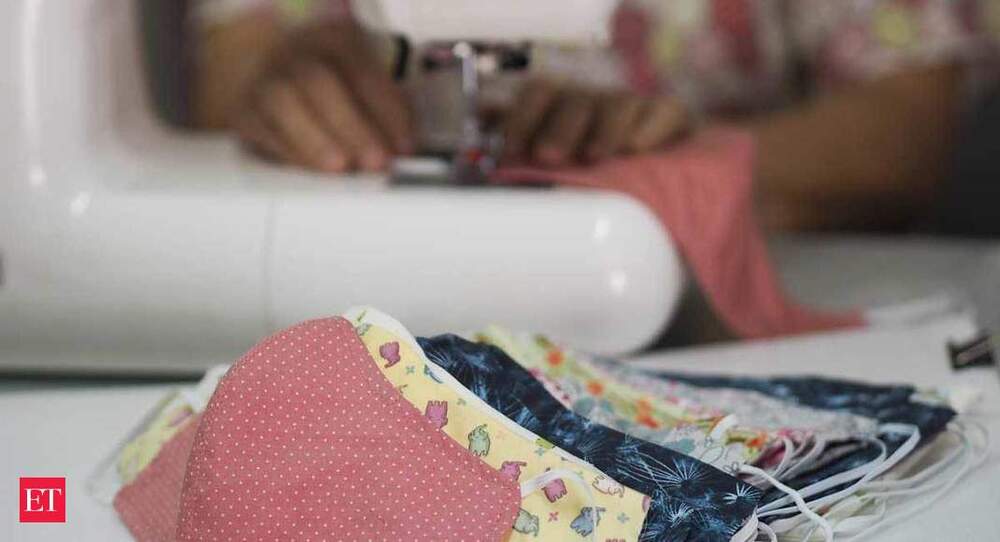


Medically healing nanites and magic spells are one way to get a character back on their feet again, but most characters aren’t packing those kinds of tools in their medical kits. What do authors and readers need to know to keep medical services realistic for the time, place, and overall setting within the story? Our experts share their knowledge on setting bones in space to mixing poultices in the forest to stave off infection in order to keep the healing real. They will also share tips and tricks on realistic wounds, character pain management, and other speculative medicinal practices.
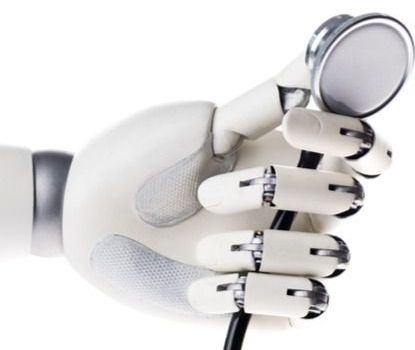
It’s 2050 and you’re due for your monthly physical exam. Times have changed, so you no longer have to endure an orifices check, a needle in your vein, and a week of waiting for your blood test results. Instead, the nurse welcomes you with, “The doctor will sniff you now,” and takes you into an airtight chamber wired up to a massive computer. As you rest, the volatile molecules you exhale or emit from your body and skin slowly drift into the complex artificial intelligence apparatus, colloquially known as Deep Nose. Behind the scene, Deep Nose’s massive electronic brain starts crunching through the molecules, comparing them to its enormous olfactory database. Once it’s got a noseful, the AI matches your odors to the medical conditions that cause them and generates a printout of your health. Your human doctor goes over the results with you and plans your treatment or adjusts your meds.
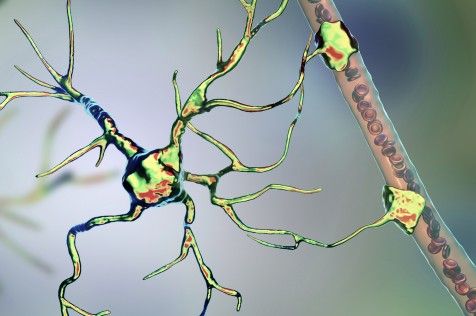
The human genome contains billions of pieces of information and around 22000 genes, but not all of it is, strictly speaking, human. Eight percent of our DNA consists of remnants of ancient viruses, and another 40 percent is made up of repetitive strings of genetic letters that is also thought to have a viral origin. Those extensive viral regions are much more than evolutionary relics: They may be deeply involved with a wide range of diseases including multiple sclerosis, hemophilia, and amyotrophic lateral sclerosis (ALS), along with certain types of dementia and cancer.
For many years, biologists had little understanding of how that connection worked—so little that they came to refer to the viral part of our DNA as dark matter within the genome. “They just meant they didn’t know what it was or what it did,” explains Molly Gale Hammell, an associate professor at Cold Spring Harbor Laboratory. It became evident that the virus-related sections of the genetic code do not participate in the normal construction and regulation of the body. But in that case, how do they contribute to disease?
Eight percent of our DNA consists of remnants of ancient viruses, and another 40 percent is made up of repetitive strings of genetic letters that is also thought to have a viral origin.

CARSON CITY, Nev. (AP) — In the Nevada desert, a cryptocurrency magnate hopes to turn dreams of a futuristic “smart city” into reality. To do that, he’s asking the state to let companies like his form local governments on land they own, which would grant them power over everything from schools to law enforcement.
Jeffrey Berns, CEO of Nevada-based Blockchains LLC, envisions a city where people not only purchase goods and services with digital currency but also log their entire online footprint — financial statements, medical records and personal data — on blockchain. Blockchain is a digital ledger known mostly for recording cryptocurrency transactions but also has been adopted by some local governments for everything from documenting marriage licenses to facilitating elections.
The company wants to break ground by 2022 in rural Storey County, 12 miles (19 kilometers) east of Reno. It’s proposing to build 15000 homes and 33 million square feet (3 million square meters) of commercial and industrial space within 75 years. Berns, whose idea is the basis for draft legislation that some lawmakers saw behind closed doors last week, said traditional government doesn’t offer enough flexibility to create a community where people can invent new uses for this technology.
A World Health Organization mission to China to investigate the origins of COVID-19 reported earlier this week that it had ruled out the idea that the coronavirus pandemic could have sprung from a lab leak, but taken as a whole, the lab-leak theory remains a serious possibility; the World Health Organization’s investigative team will need to present any new evidence it used to rule out the theory when it releases its mission report.
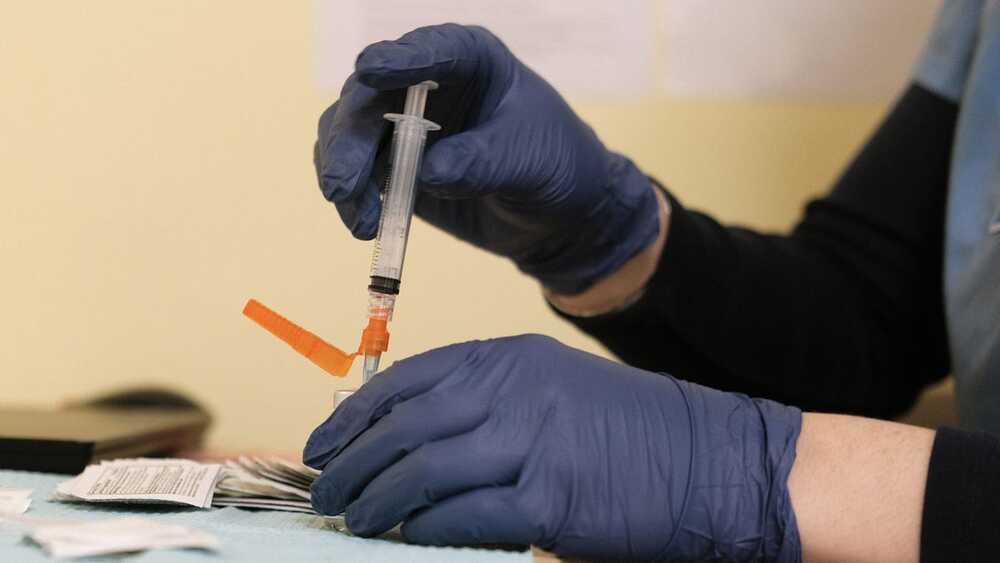
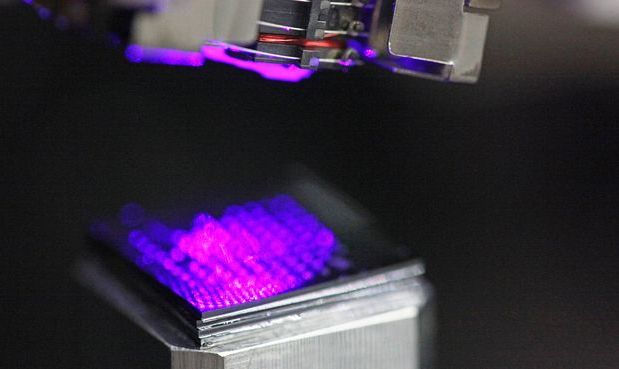
Researchers from the Technical University of Denmark (DTU) have repurposed a component from a Microsoft Xbox 360 to develop a high-resolution large-volume nanoscale 3D printer with various applications in the medical sector.
The team took an optical pick-up unit (OPU) component from an Xbox 360 console to replace a conventional Stereolithography (SLA) optical system, in order to drastically simplify the SLA 3D printing system. With the OPU costing less than $5, the researcher’s solution could potentially increase the affordability of such equipment by thousands of pounds.
“With our 3D printer that can print micro and nanoscale 3D objects, we are able to go from tens of micrometers in printing resolution down to hundreds of nanometers without expensive specialized components,” said DTU PhD Student Tien-Jen Chang and research team member.
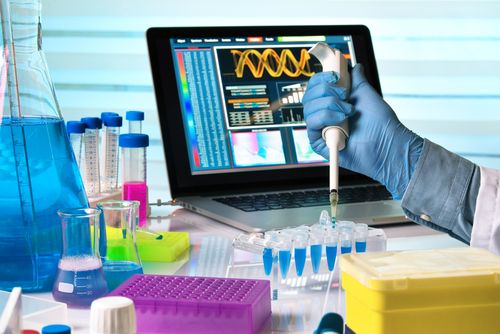
Novartis Gene Therapies is planning to submit an investigational new drug application (IND) for OAV201, its Rett syndrome gene therapy candidate, by the end of the year, the company announced in a letter to the Rett community.
If the IND is approved by the U.S. Food and Drug Administration (FDA), Novartis would be allowed to begin clinical trials to test the therapy in people with Rett syndrome.
“We recognize the significant unmet need among patients with Rett syndrome and want to again assure the Rett community that we are fully committed to pursuing a gene therapy for Rett syndrome, and that we are continuing our work with a sense of urgency and purpose,” the OAV201 development team at Novartis wrote in the letter, shared on the Rett Syndrome Research Trust’s website.

Dogs’ Highly Evolved Noses Can Rapidly Detect the SARS-CoV-2 Virus For some 15000 years, dogs have been our hunting partners, workmates, helpers and companions. Could they also be our next allies in the fight against COVID-19? According to UC Santa Barbara professor emeritus Tommy Dickey and his collaborator, BioScent researcher Heather Junqueira, they can. And with a review paper published in the Journal of Osteopathic Medicine they have added to a small but growing consensus that trained medical scent dogs can effectively be used for screening individuals who may be infected with the COVID-19 virus.